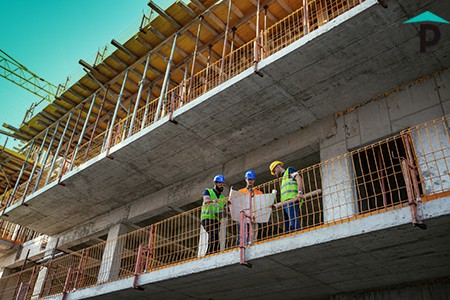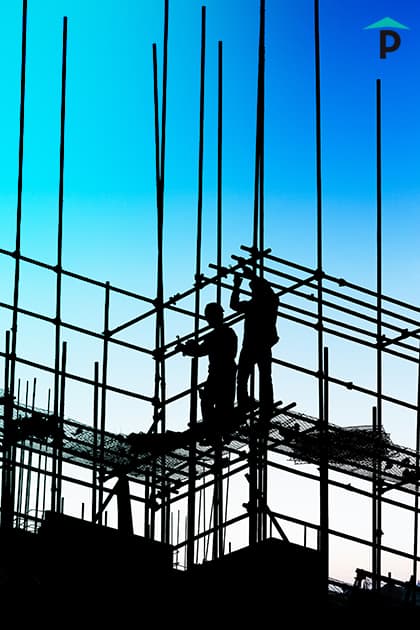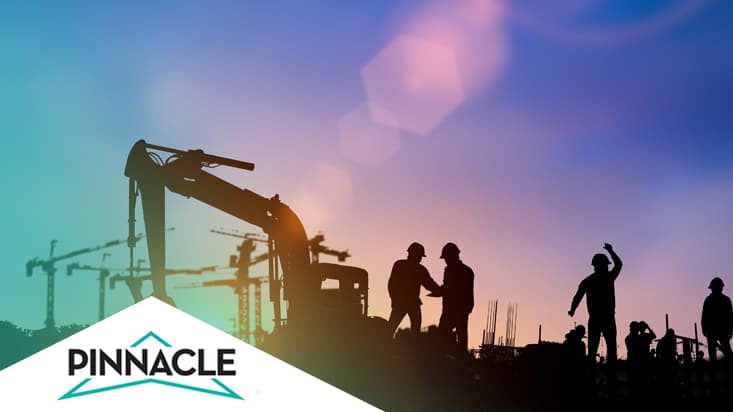If you own a construction company, you will be familiar with the requirement of subdivision bonds. You will be aware that you need the services of a surety bond provider to ensure your business and your clients are protected when it comes to any given project. If you can assure bonds to your clients, you are able to pick up more work than your competitor who does and cannot get a bond. For some lines of work, a surety bond is a legal requirement, so to perform any work without one, you will be breaking the law. Even if it is not a legal requirement, many clients will insist that you purchase a bond to protect them and you. Bonds are like a guarantee, where in the event of something unforeseen happening to you, your client will still see a finished product.
Call: (844) 612-7238 to get started
What is a subdivision bond?
 A subdivision bond is also known as a site improvement bond, a completion bond, a performance bond, or a plat bond. This type of bond is a requirement on the property owner, builder, landowner, or the developers by any government agency, such as the city, county, or the state, etc. A subdivision bond is a guarantee to these government bodies that the property owner or the developer of the construction work of a subdivision will have the financial burden of completing the mandatory public works improvements transferred on to them, not the government entity. The work that generally is completed under a subdivision bond is for some sort of public benefit. They can include the upkeep of streets, sidewalks, curbs, gutters, sewers, and drainage systems. A subdivision bond ensures that the work completed will meet the expected standards and requirements laid down by the local authority. Once the work has been completed, the government body regains ownership of the subdivision.
A subdivision bond is also known as a site improvement bond, a completion bond, a performance bond, or a plat bond. This type of bond is a requirement on the property owner, builder, landowner, or the developers by any government agency, such as the city, county, or the state, etc. A subdivision bond is a guarantee to these government bodies that the property owner or the developer of the construction work of a subdivision will have the financial burden of completing the mandatory public works improvements transferred on to them, not the government entity. The work that generally is completed under a subdivision bond is for some sort of public benefit. They can include the upkeep of streets, sidewalks, curbs, gutters, sewers, and drainage systems. A subdivision bond ensures that the work completed will meet the expected standards and requirements laid down by the local authority. Once the work has been completed, the government body regains ownership of the subdivision.
Why is a subdivision bond needed?
During the development process of a piece of land within a particular jurisdiction, the governing public agency will look to regulate and design any improvements that are needed. They will tender out the land that requires land improvements for development. To be able to develop upon the parcel of land offered by the government, the developer must first go through the governing agency to obtain the relevant permit and a subdivision map, otherwise known as a plat. Once a developer is chosen to develop the land, before they can start any work, the developer must fulfill the stipulation of completing any public improvements. This is a condition that may be imposed by the governing agency to allow the developer to go ahead with their project. When this stipulation happens, a subdivision improvement agreement is usually required. This is a contract drawn up between the developer, or property owner, etc., and the governing agency in charge. This agreement contract will advise exactly what public improvements need to be completed and the timescales on final completion.
Who is involved?
As with all surety bonds, a subdivision bond is an agreement between three parties:
- The principal: this is the business or the developer who purchases the bond
- The obligee: is the customer or government entity who has requested the bond.
- The surety: the company, such as Pinnacle Surety who is used to underwriting the bond and pays the costs should the developer not complete the work. However, under the terms of the contract, the Surety will be reimbursed by the contractor.
How is a subdivision bond calculated?
An engineer will provide an estimate for the amount of the subdivision bond by calculating what improvements need to be done, and the bind will be issued as a whole or a percentage of this figure. If your surety bond provider does actually offer subdivision bonds, they are generally issued with an initial two-year term. That means that subdivision bonds need to be renewed annually. This will go on until the government agency in control either exonerate or releases the bond obligation back to the Surety.
Benefits of a subdivision bond

- Without a subdivision bond, a developer may not be able to develop upon a piece of land in a city.
- Improvements will be made to the surrounding public spaces as well as the land that the developer is developing on. Meaning it is a benefit for the people living in the area.
- It provides a prequalification for the developer or owner through the underwriting process.
Pinnacle Surety
At Pinnacle Surety, we will cover you for any subdivision bond. We are experts and have a solid reputation for securing bonds for all developers. Pinnacle Surety will offer you a specialist service providing you with the fully comprehensive subdivision bond you require to get that developer’s contract. We can do this for you, even if you have been turned down for a bond elsewhere. We have an experienced team of skilled in-house subdivision bond underwriters, so you need not concern yourself with this legal process.
Pinnacle Surety understands that you desire nothing more than to get on with the job, so we will secure the bonds for you, so you don’t have to think about it. We provide a simplified system for you. It is an efficient and seamless way for you to obtain the bond you need to safeguard the contract. Just enter your license details and follow the instructions. It has never been easier for a construction firm to obtain the construction bonds that they need to get on with the job.
When you purchase bonds with us, we become a team and work together. We will take the legal side of bond issuing off of you. At Pinnacle Surety, we have a well-regarded reputation to uphold. So, you can trust that we know what we are doing, everything will be fully legally bonded, and when you purchase bonds with us, we ensure that all our interests are covered.


